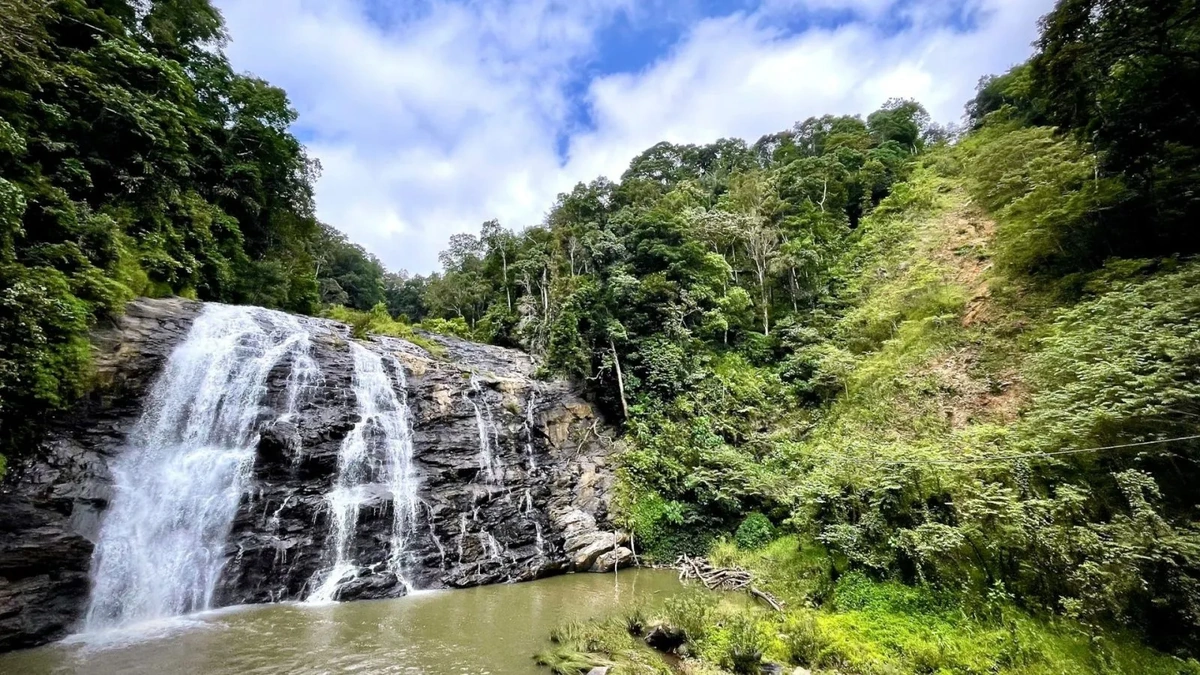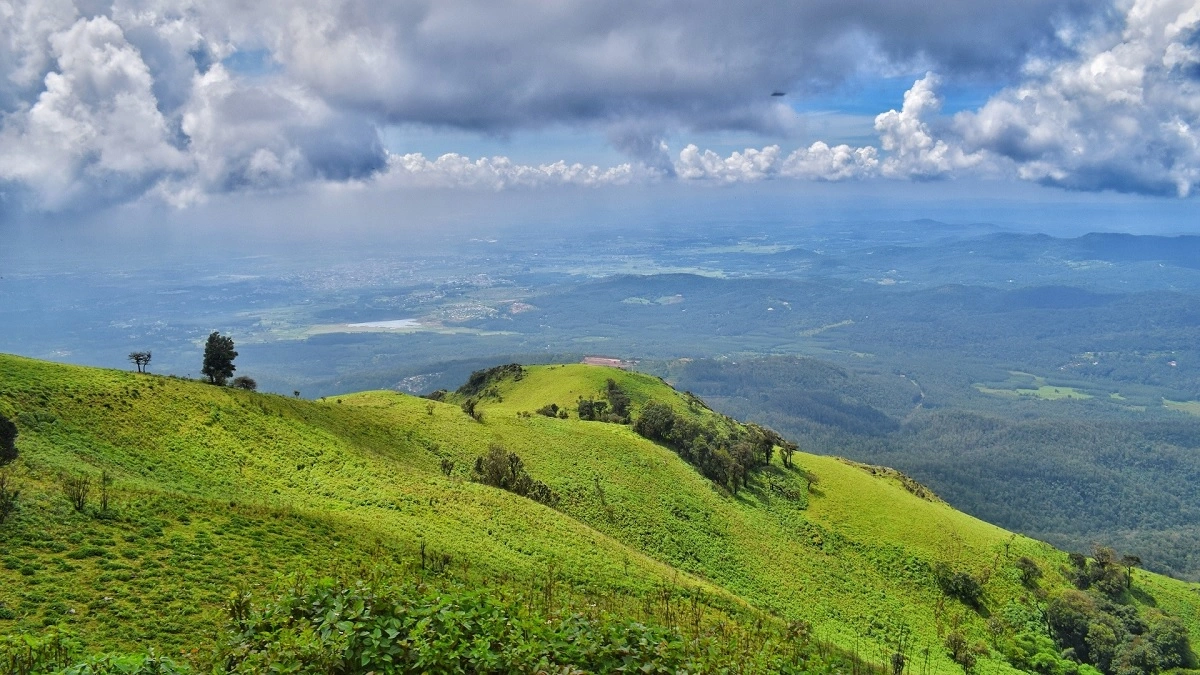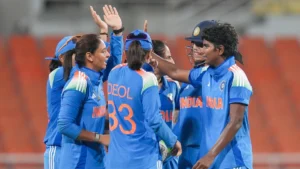Beyond the Postcards | Unveiling the Real Coorg
Coorg. The name itself conjures up images of rolling hills, lush coffee plantations, and a perpetually misty landscape. But let’s be honest, the postcards only tell half the story. What fascinates me is the why behind Coorg’s allure. Why does this relatively small region in Karnataka hold such a powerful grip on the imagination of travelers from all over India and beyond? It’s not just the scenery; it’s something deeper.
The Soul of Coorg | More Than Just Coffee

We often hear about Coorg as the ‘Coffee Cup of India,’ and coffee plantations are undoubtedly a major draw. But, and this is a big but, reducing Coorg to just its coffee is like describing Shah Rukh Khan as ‘that guy from those movies.’ It misses the point entirely. The true soul of Coorg lies in its unique culture, the Kodava people, and their deeply ingrained traditions. Their warrior history, distinct cuisine, and unique social customs – these are the threads that weave together the vibrant tapestry of Coorg.
Think about it. You can drink coffee anywhere. But you can’t experience the authentic Kodava hospitality, the fierce pride, and the captivating stories anywhere else. That’s the X factor. And that’s what makes Coorg so special. It’s why, even as tourism booms, it manages to retain a unique identity.
The rolling hills aren’t just pretty backdrops; they are the ancestral lands that bear testimony to centuries of Kodava resilience. The lush green landscapes hide countless stories of courage and community. And the misty air isn’t just a weather phenomenon; it carries the echoes of ancient chants and the aroma of spices passed down through generations. The coffee plantations are a major source of income for locals too. They depend on the tourists for their livelihoods. This leads to a lot of eco-tourism opportunities in the area.
Decoding the Kodava Identity | A Cultural Deep Dive
So, who are the Kodavas? They are a distinct ethnic group with their own language (Kodava Takk), customs, and traditions. Unlike many other communities in India, they have historically enjoyed a unique status, even being exempt from certain laws under British rule due to their martial prowess. They are known for their bravery, loyalty, and a strong sense of community. What fascinates me is the way they have managed to preserve their unique identity in the face of modernization.
Let me rephrase that for clarity: The Kodavas aren’t just another ethnic group; they are the custodians of a cultural heritage that is both fascinating and fragile. Their traditional attire, the distinctive Kodava hockey tournaments, and their unique wedding ceremonies – these are all integral parts of what makes Coorg, well, Coorg. It’s a cultural melting pot that needs to be preserved. They have also adopted a sustainable life style.
And it’s not just about preserving the past; it’s about adapting to the present. The younger generation of Kodavas is increasingly educated and globally connected, but they remain fiercely proud of their heritage. This balance between tradition and modernity is what will determine the future of Coorg. The younger generation is doing their bit to keep the culture alive and pass it on to their children.
Beyond the Tourist Trail | Experiencing Authentic Coorg
Okay, so you’re planning a trip to Coorg? Great! But promise me you’ll venture beyond the usual tourist spots. Don’t just visit the Abbey Falls and the Raja’s Seat (though they are beautiful, no doubt). Instead, try to immerse yourself in the local culture.
Here’s the thing: Authentic experiences are the ones that truly resonate. Visit a local coffee plantation and learn about the entire process, from bean to cup. Attend a Kodava wedding (if you get the chance) and witness their unique rituals firsthand. Sample the local cuisine – think pandi curry (pork curry), kadubu (rice dumplings), and bamboo shoot pickle – and let your taste buds explode. Stay at a homestay instead of a generic hotel and get to know the family that runs it.
A common mistake I see people make is sticking to the well-trodden tourist paths. They miss out on the hidden gems, the local stories, and the authentic flavors that make Coorg so unique. Don’t be that person! Step outside your comfort zone, explore the backroads, and strike up conversations with the locals. You might be surprised by what you discover. Getting out of your comfort zone is crucial for truly experiencing and appreciating Coorg’s rich history . It is not a popular weekend getaway for no reason.
The Future of Coorg | Balancing Tourism and Tradition
Let’s be honest, tourism is a double-edged sword. On the one hand, it brings much-needed revenue to the region, creating jobs and opportunities for the locals. On the other hand, it can also lead to environmental degradation, cultural erosion, and a loss of authenticity. The challenge for Coorg is to find a sustainable balance between tourism and tradition.
What fascinates me is how Coorg can leverage tourism to preserve its cultural heritage, not destroy it. This requires a collective effort from the government, the tourism industry, and the local community. It means promoting eco-friendly practices, supporting local businesses, and respecting the Kodava culture. It means educating tourists about the importance of responsible travel and encouraging them to leave a positive impact on the region. The local economy needs to thrive.
I initially thought this was straightforward, but then I realized it’s far more complex. It’s about finding a way to showcase the beauty of Coorg without compromising its soul. It’s about ensuring that future generations of Kodavas can continue to live in a region that is both prosperous and proud of its heritage. This is a must read article .
Why Coorg Matters | A Lesson in Sustainable Tourism
Coorg isn’t just a pretty place to visit; it’s a microcosm of the challenges and opportunities facing many tourist destinations around the world. Its story is a reminder that tourism can be a force for good, but only if it’s managed responsibly and sustainably.
What truly excites me is the potential for Coorg to become a model for sustainable tourism, a place where visitors can experience the beauty of nature and the richness of culture without harming the environment or eroding the local identity. The local culture is the backbone of the region. This requires a shift in mindset, from viewing tourism as a purely economic activity to seeing it as a tool for cultural preservation and environmental stewardship.
Ultimately, the future of Coorg depends on our collective ability to appreciate its unique value and to protect it for generations to come. The beauty of the land and the resilience of its people are proof of why places like Coorg matter. Next time you plan a trip, consider visiting Coorg and experiencing its magic firsthand. You’ll find that it’s more than just a destination; it’s an experience that will stay with you long after you leave. Find more information about Coorg at the official Karnataka Tourism website here .
FAQ About Coorg
What is the best time to visit Coorg?
The best time to visit Coorg is between October and May, when the weather is pleasant and ideal for sightseeing. The monsoon season (June to September) can be beautiful, but some areas may be inaccessible due to heavy rainfall.
What are the main attractions in Coorg?
Some of the main attractions include Abbey Falls, Raja’s Seat, Talacauvery (the source of the Cauvery River), Dubare Elephant Camp, and the Namdroling Monastery (Golden Temple) in Bylakuppe. Don’t forget the coffee plantations!
What kind of accommodation options are available in Coorg?
Coorg offers a wide range of accommodation options, from luxury resorts and hotels to budget-friendly guesthouses and homestays. Staying at a homestay is a great way to experience the local culture.
What is the local cuisine of Coorg like?
The local cuisine of Coorg is known for its unique flavors and spices. Some popular dishes include pandi curry (pork curry), kadubu (rice dumplings), bamboo shoot pickle, and chicken curry. Don’t miss the opportunity to try Coorg coffee!
How do I get around in Coorg?
The best way to get around in Coorg is by hiring a car or taxi. Public transport is available, but it can be limited and infrequent. Many hotels and homestays can arrange transportation for you.













